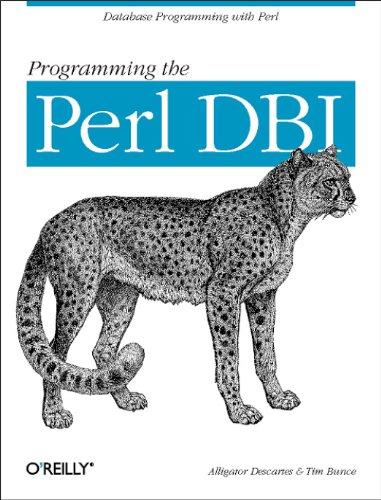Question
Joe often sends funny jokes to Lisa. He does not care about confidentiality of these messages but wants to get credit for the jokes and
Joe often sends funny jokes to Lisa. He does not care about confidentiality of these messages but wants to get credit for the jokes and prevent Tom from claiming authorship of, or modifying them. He can achieve this by using public-key cryptography and digitally signing his jokes and send each one with its signature. However, as public-key cryptography is computationally intensive and drains the battery of Joes device, he comes up with an alternative approach. First, he shares a secret key k with Lisa, but not with Tom. Next, together with a joke x, Joe sends over the value d = h(k||x), where each h is a cryptographic hash function. Does value d provide assurance to Lisa that Joe is the author of joke x and that x was not modified by Tom?
Step by Step Solution
There are 3 Steps involved in it
Step: 1

Get Instant Access to Expert-Tailored Solutions
See step-by-step solutions with expert insights and AI powered tools for academic success
Step: 2

Step: 3

Ace Your Homework with AI
Get the answers you need in no time with our AI-driven, step-by-step assistance
Get Started


